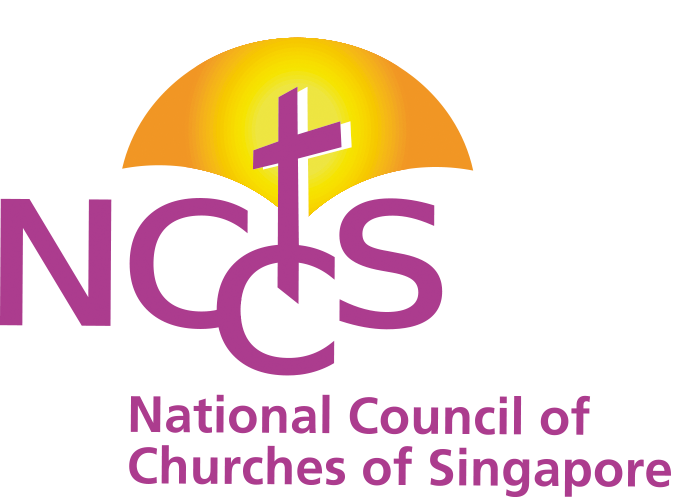National Council of Churches of Singapore
Official Statement
Human Organ Sale
A Statement Prepared by the National Council of Churches of Singapore
12 November 2008
The current shortage of transplantable human organs in Singapore has led the Health Ministry to explore if the legalisation of the human organ market will increase the supply of organs. While the National Council of Churches is cognizant of the current shortage of human organs for transplantation and the plight of those who are in need of them, it maintains that the sale of human organs should not be permitted. The National Council of Churches is therefore opposed to the legalisation of the human organ market even if this legislation would increase the supply of transplantable organs. It maintains that the pragmatic and even humanitarian rationale for organ sale must be critiqued on the basis of more fundamental theological, philosophical and ethical principles.
The National Council of Churches maintains that the human body and its parts must not be viewed merely as properties at the disposal of their ‘owner’. This is a prominent paradigm in modern medicine according to which the body and its organs are seen merely as possessing instrumental value, and therefore as a resource from which others – patients, physicians and researchers – may benefit. This view of the human body and its organs, which is informed either by Cartesian dualism or materialism, treats them merely as commodities that can be bought and sold. This view, however, fails to fully recognise and appreciate the moral status of the human body. Against the dualistic and materialistic view of the human body and its organs, the National Council of Churches maintains that the human being is an embodied being, a psychophysical unity. As such, the human body cannot be separated from the so-called essential self. This view of the human body is firmly grounded in the Christian Scriptures and the Christian tradition. But it can also be defended on philosophical, cultural and sociological grounds.
The integrity of the person as psychophysical being is such that we cannot alienate the whole or some of its parts, that is, we cannot dis-organ-ise the body without doing the same to the person.
1 The position of the National Council of Churches is in concert with that of most major professional organisations, including the World Health Organisation, the Transplantation Society, the Nuffield Council on Bioethics, the U.S. Task Force on Organ Transplantation, and the Comité Consultatif National d’Êthique.
In similar vein, we cannot offer some parts of our bodies for sale without changing the way in which we, and our society, understand the value and moral status of human beings.
Not everything in this world is for sale. Conventional wisdom warns us that we cannot commercialise public offices, criminal justice and human beings themselves without incurring enormous moral and social costs, and without bringing incalculable harm to society. The National Council of Churches maintains that by allowing the human body and its organs to be bought and sold we reduce persons to objects, and this will not only threaten personhood, but will also bring about untold damage to human society.
While the NCCS is opposed to the trading of human organs, it supports the provision of reasonable compensation to living donors. Compensation should be conceived in such a way that it does not become an incentive for people to donate their organs. In other words, donors must not make any financial profit through the compensation or reimbursement schemes. Compensation could come either in the form of monetary reimbursement for expenses incurred in the transplantation surgery and post-transplantation medical care, or in the form of free or subsidised provision of certain services (e.g., transplant surgery and medical expenses). This would exclude any lump sum payment at the point of organ donation, as such payments can easily become a form of organ trading in disguise. Because of the numerous ethical problems associated with financial compensation, the NCCS recommends that reasonable compensation for living organ donors be restricted to the provision of services in government funded hospitals. These may include:
“Pre-transplant medical screening for all potential living donors;
“Hospitalisation, tests, treatments and all medical procedures related to the transplant, including the surgery;
“Post-transplant medical consultation, tests and treatment for life;
“Advantage in the organ allocation process, if donors later need a transplant;
“Special medical insurance.
These services can either be fully or partially subsidised by the government. In the situation of partial government subsidy, the government should set up a Fund that comprises a combination of government subsidies and public donations. Organ donors may also contribute to this Fund, if they are able to. The Fund should be managed by the government to ensure equity and transparency. Appropriate government authorities should monitor these services to ensure compliance and prevent abuses.
These compensations do not provide incentives for donors out to make a financial gain from their donation. But they help willing donors allay fears of incurring high medical costs before, during and after the donation




